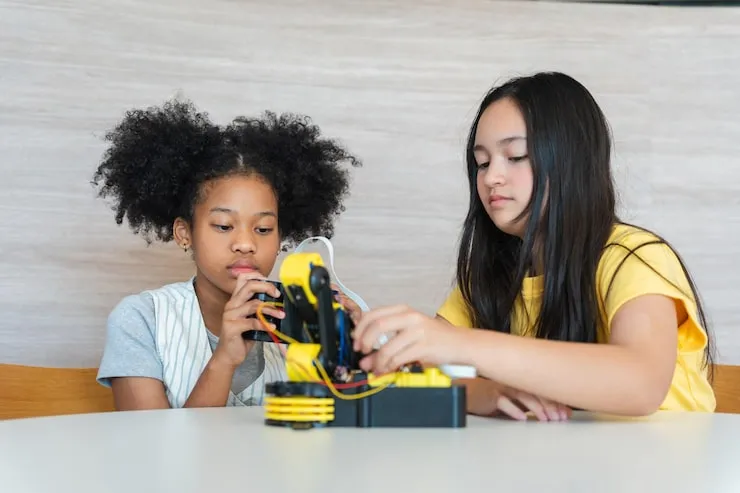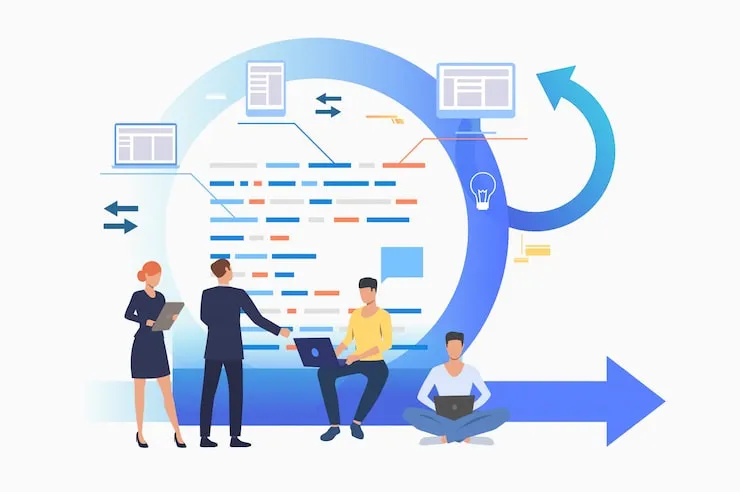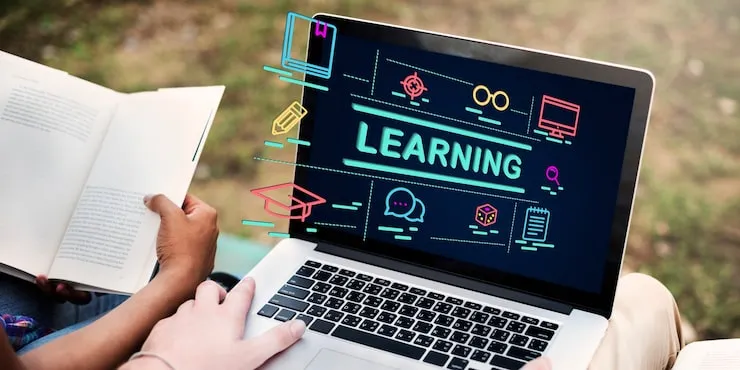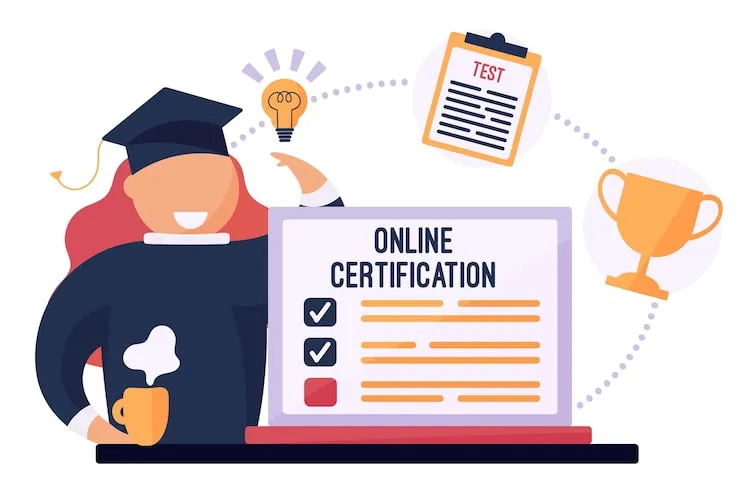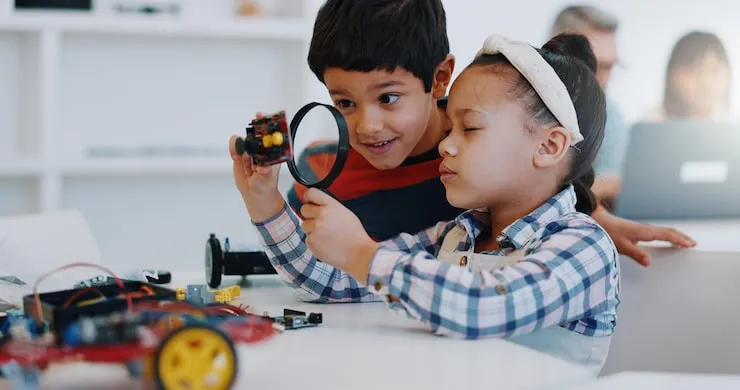Education today is no longer limited to books and numbers. In earlier times, parents and students used to believe that if good marks come, jobs will come automatically. But now the time has changed. Today, companies want young people who are not only good at studies, but also have the necessary skills to work.
Skill means the actual ability to work. Such as running a computer, speaking English correctly, working in a team or solving a problem. The government and the educational institutions have understood this need. Therefore, plans are being made to bring skill-based courses for classes 11 and 12. The aim is to prepare students for the world of jobs and careers as soon as they leave school.
Why is skill-based learning important?
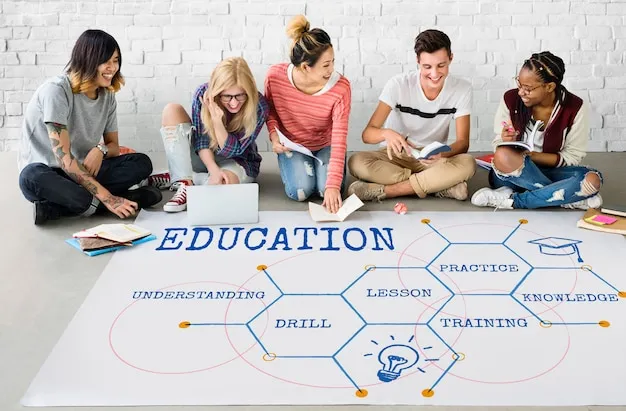
Every year lakhs of students pass the 12th standard in India. But most of them are not directly employable. A big reason for this is that our education system was based only on books and examinations for a long time.
Students had to focus on memorizing as many pages as possible and writing in the exam. But in real life and at work, only memorized information does not come in handy. There you need to be able to solve problems, understand new technology and work with people.
The world of work is changing rapidly. Digital technology, artificial intelligence and new machines have changed the way we work. In such a situation, if students are confined to books only, then they will be left behind. Therefore, it is important that they are taught skills at the school level itself so that they can confidently step into the world of employment.
Read More: Success Stories of Women Leaders from Assam Schools
What will happen in the skill-based curriculum?
This course will not stop at just general subjects such as mathematics, science or history. It will add topics that will be directly related to life and career.
- Digital Skills - Students will be taught the use of computers, internet, coding, data analysis and digital tools.
- Communication Skills - Attention will be paid to the art of speaking and writing. Students will be able to speak with confidence in both English and Hindi.
- Financial Literacy - Information will be given on proper management of money, budgeting, banking and investment.
- Entrepreneurship - Students will be taught how they can start their own small business if they want.
- Technical Training - Basic knowledge of Graphic Design, Video Editing, Artificial Intelligence and Robotics will be imparted.
- Soft skills - Teamwork, leadership ability, time management and problem solving will be practiced.
This kind of course teaches students not only what it's worth to pass the exam, but also life and work. He will prepare for both.
Benefits for students
Students will get a lot of benefits by getting skill-based education in class 11 and 12.
- The first advantage will be that students will be ready for jobs soon. As soon as they pass Class XII, they will have enough skills to do an internship or a part-time job.
- The second advantage is that it will be easier for them to study after taking admission in college. Because they will already have the basic skills. For example, if they have already learned to make presentations, they will not have problems with the college project.
- The third benefit is that the confidence of the students will increase. They will not be limited to books, but will be able to speak in front of people, make their views clear and will not hesitate to adopt new works.
- The fourth advantage is that students will not be limited to traditional careers such as engineering or becoming a doctor. They will also be able to think in new areas like digital marketing, designing, data science and startups.
Role of parents and teachers
The role of teachers and parents will be very important in making this change a success.
- Teachers need to learn new skills. They have to move away from traditional studies and teach students through projects and experiments. Special training has also been organised for this.
- Parents need to change their mindset. Still many parents believe that only good marks are the way to a child's success. But they have to understand that in today's time, skills are more important than marks. If the child is self-reliant and has practical knowledge, he can move forward in any field.
- Only when teachers, parents and students work together, will this education system be successful in the true sense.
Industry participation
The role of industry in making skill-based education a success will also be huge. Companies will tell you what skills they need. Based on this, the curriculum will be designed. Students will get a chance to work in a company. This will give them real experience and they will be able to understand what are the responsibilities in the job. Many industry experts will come to the schools from time to time to talk to the students and guide them. Students will get a glimpse of their future.
Challenges and solutions
With every change comes new challenges. There will also be some difficulties in this new education system. Villages and small towns lack digital means such as the internet and computers. It will not be easy to implement such courses there. Many schools do not have trained teachers. Teaching new skills to all teachers will be a big challenge. Every student's interests are different. Some students prefer technical subjects, while others lean towards arts or entrepreneurship. Creating a balanced curriculum for all will not be easy. But there are solutions to these problems. The government and schools can jointly set up smart classes and digital labs. Regular training programmes can be conducted for teachers. Students can choose the subject of their choice.
Read Also: MP Govt Launches AI Curriculum And Model Question Banks
A picture of the future
If this curriculum is implemented properly, the picture of India can change in the coming years. Students will not just be degree holders, but will be equipped with real skills. The younger generation can become job givers themselves instead of looking for jobs. Entrepreneurship will get a boost. India's unemployment rate will come down as students will be ready for direct employment. The gap between our education system and industry will be reduced.

Conclusion
Implementing skill-based curriculum in classes 11 and 12 is a very important step. This is important not only for students but also for the future of the country. This will help students become self-reliant. They will learn new techniques, move ahead with confidence and make their mark in society. If we want every youth of India to be employable and able to compete globally, we have to adopt this education system. It will open new avenues for the poor and take the country towards a strong future.




